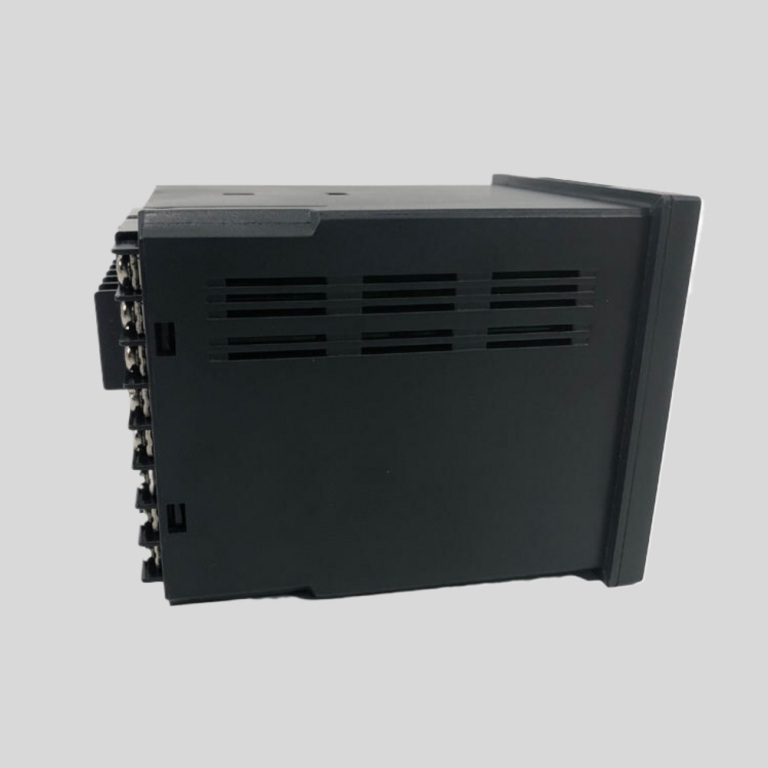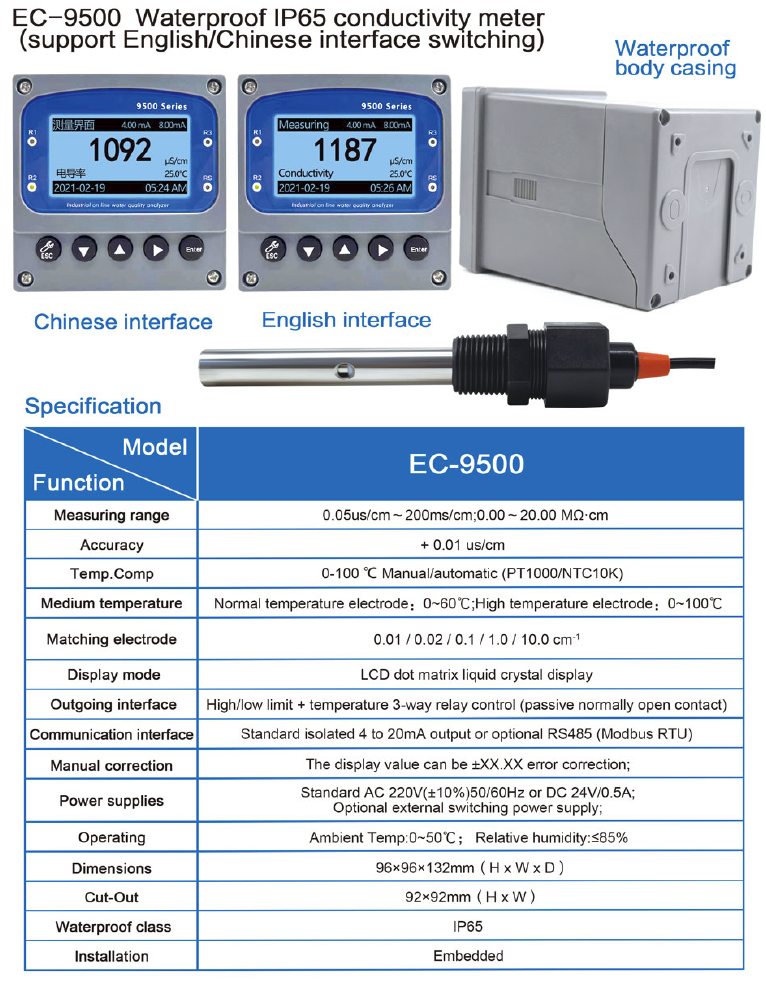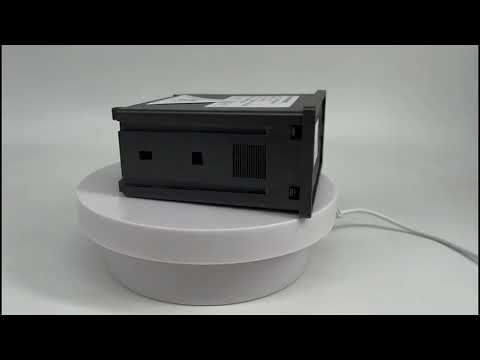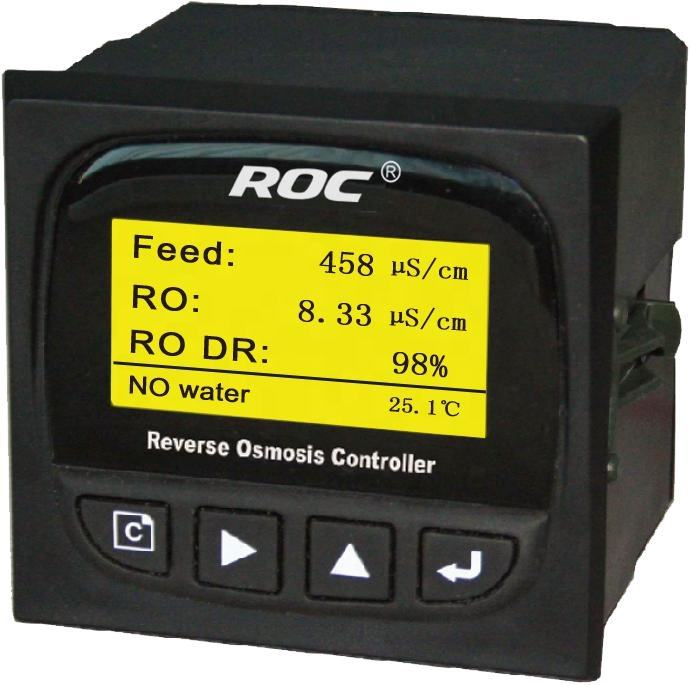Understanding the Basics of ph meter
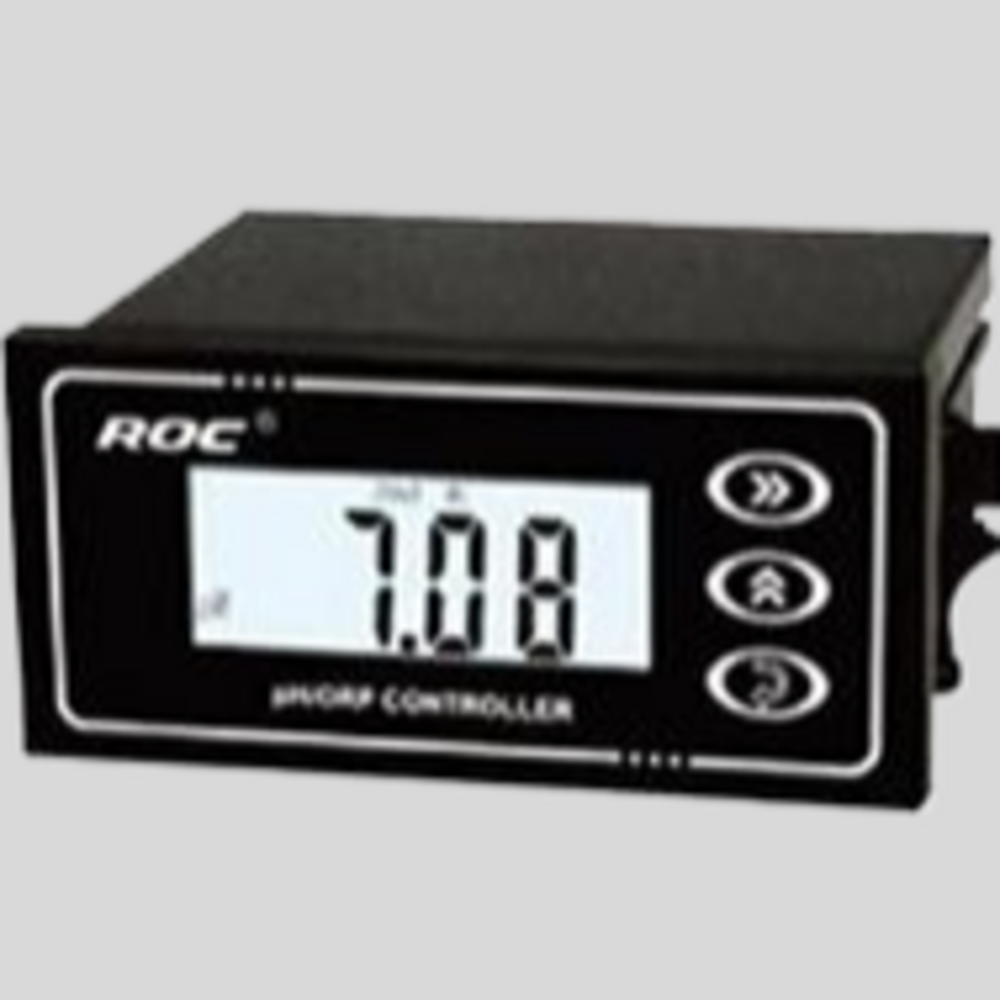
A ph meter is a scientific instrument used to measure the acidity or alkalinity of a solution. The pH scale ranges from 0 to 14, with 7 being neutral. Solutions with a pH below 7 are considered acidic, while those with a pH above 7 are alkaline. pH meters are essential tools in various industries, including agriculture, food and beverage, water treatment, and pharmaceuticals.
The basic principle behind a ph meter is the measurement of the concentration of hydrogen ions in a solution. The ph meter consists of a probe, which is immersed in the solution being tested, and a meter that displays the pH value. The probe contains a glass electrode and a reference electrode, which generate a voltage proportional to the hydrogen ion concentration in the solution.
When the probe is immersed in a solution, the glass electrode selectively allows hydrogen ions to pass through, creating a potential difference between the glass electrode and the reference electrode. This potential difference is measured by the meter and converted into a pH value. The accuracy of the ph meter depends on the quality of the probe and the calibration of the instrument.
| pH/ORP-3500 series pH/ORP Online Meter | |||
| pH | ORP | Temp. | |
| Measurement range | 0.00~14.00 | (-2000~+2000)mV | (0.0~99.9)℃(Temp. Compensation :NTC10K) |
| Resolution | 0.01 | 1mV | 0.1℃ |
| Accuracy | ±0.1 | ±5mV(electronic unit) | ±0.5℃ |
| Buffer Solution | 9.18;6.86;4.01;10.00;7.00;4.00 | ||
| Medium Temp. | (0~50)℃(with 25℃ as standard )manual / automatic temp.compensation for selection | ||
| Analog Output | Isolated one Channel(4~20)mA,Instrument / Transmitter for selection | ||
| Control Output | Double relay output(ON/OFF) | ||
| Consumption | <3W | ||
| Working Environment | Working temp. (0~50)℃;Relative humidity≤85%RH(none condensation) | ||
| Storage Environment | Temp. (-20~60)℃; Relative humidity≤85%RH(none condensation) | ||
| Dimension | 48mm×96mm×80mm (H×W×D) | ||
| Hole Size | 44mm×92mm (H×W) | ||
| Installation | Panel mounted ,fast installation | ||
Calibration is an essential step in using a ph meter. pH meters should be calibrated before each use to ensure accurate measurements. Calibration involves immersing the probe in a buffer solution with a known pH value and adjusting the meter to match the expected pH value. Most pH meters have a calibration function that allows users to easily calibrate the instrument.
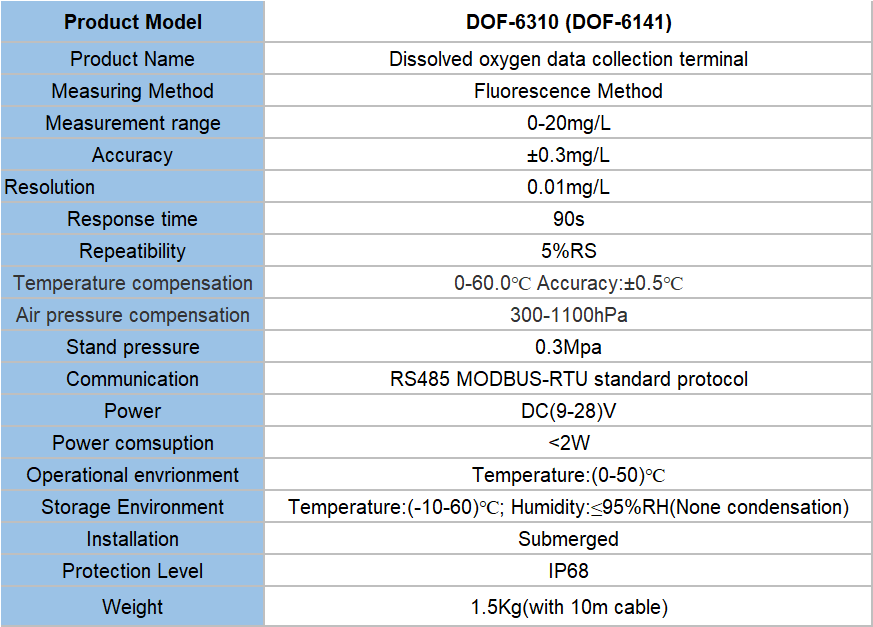
pH meters are used in a wide range of applications. In agriculture, pH meters are used to measure the acidity of soil, which is crucial for determining the suitability of the soil for plant growth. In the food and beverage industry, pH meters are used to monitor the acidity of products such as wine, beer, and dairy products. In water treatment, pH meters are used to monitor the pH of water to ensure it is safe for consumption.
| Model | EC-810 Conductivity/resistivity controller |
| Range | 0-200/2000/4000/10000uS/cm |
| 0-20/200mS/cm 0-18.25MΩ | |
| Accuracy | Conductivity:1.5%; Resistivity:2.0%(FS) |
| Temp. Comp. | Automatic temperature compensation based on 25℃ |
| Oper. Temp. | Normal 0~50℃; High temp 0~120℃ |
| Sensor | 0.01/0.02/0.1/1.0/10.0cm-1 |
| Display | LCD Screen |
| Current Output | 4-20mA output/2-10V/1-5V |
| Output | High/Low limit dual relay control |
| Power | AC 220V±10% 50/60Hz or AC 110V±10% 50/60Hz or DC24V/0.5A |
| Working Environment | Ambient temperature:0~50℃ |
| Relative humidity≤85% | |
| Dimensions | 96×96×100mm(H×W×L) |
| Hole Size | 92×92mm(H×W) |
| Installation Mode | Embedded |
One of the key advantages of pH meters is their accuracy and precision. pH meters can provide precise measurements of pH values, allowing users to make informed decisions based on the acidity or alkalinity of a solution. pH meters are also easy to use, with most models featuring a digital display that shows the pH value in real-time.
In conclusion, a ph meter is a valuable tool for measuring the acidity or alkalinity of a solution. pH meters work by measuring the concentration of hydrogen ions in a solution using a probe and a meter. Calibration is essential for accurate measurements, and pH meters are used in various industries for applications such as soil testing, food and beverage production, and water treatment. pH meters offer high accuracy and precision, making them indispensable instruments for scientific research and industrial processes.

